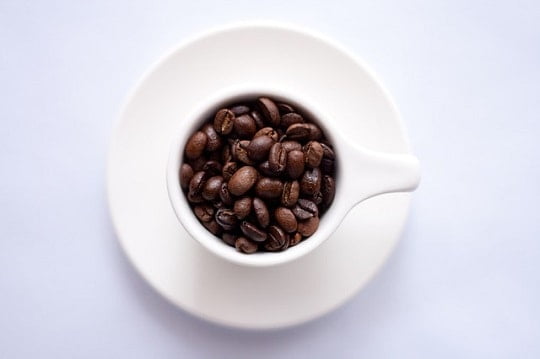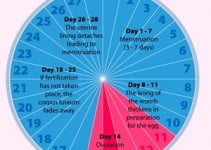
Most of us yearn for our daily intake of caffeine to get us going. But as much as caffeine can be beneficial to bolstering our day, it can have negative effects as well, especially for women on their period.
You may think that caffeine will help awaken you and get you moving while your period leaves you feeling fatigued and groggy, but it can actually make you feel worse for a number of reasons.
While it’s easy to skip that one cup of coffee, caffeine in general can be difficult to avoid. It can be found in many common beverages, such as soft drinks and energy drinks, and it can also be present in different foods such as chocolate.
Consuming caffeine can exacerbate your menstrual symptoms, making you feel even worse than you did before.
Effects of Caffeine on the Menstrual Period
1. Missed or Irregular Periods
Regular caffeine consumption can have a considerable effect on your menstrual cycle, even if you’re drinking it while you’re not on your period. Caffeine has been found to be one of the top reasons why women miss their periods or experience irregularity in their cycle [1].
High caffeine consumption can also be the culprit of shortened menstrual cycles as well. Since caffeine restricts the blood vessels, it reduces uterine blood flow which leads to a decrease in menstrual bleeding [2].
2. Worsened PMS Symptoms
Caffeine can elevate the unpleasantness that women typically experience during their premenstrual cycle. PMS symptoms come in a variety of forms such as cramps, breast tenderness, mood changes, and difficulty sleeping.
For obvious reasons, increased caffeine consumption can contribute to an interruption in sleep cycles that may have already been affected by PMS symptoms.
Large amounts of caffeine consumption can make these symptoms much worse, and may heighten the discomfort of symptoms such as cramps, headaches, breast tenderness, bloating, mood swings, fatigue, and irritability.
Due to its diuretic nature, caffeine can significantly worsen cramping. Coffee also contains oils that can inflame the intestines and further contribute to cramping pain.
Since caffeine is a stimulant, it serves to heighten blood pressure and the heart rate, which can cause a number of problems [3]. However, increasing caffeine consumption for the purpose of overcoming PMS-related exhaustion can actually increase tension, anxiety, sleep disruption, and cause tiredness.
3. Hormonal Effects
During your period, your body’s hormones are all over the place. Caffeine doesn’t help in normalizing the activity of hormones in the body; in fact, it has an effect on a number of the body’s hormones.
Caffeine inhibits adenosine at its receptors in brain and spinal cord, which is a chemical messenger that makes you feel tired and prepares your body for sleep.
Inhibiting this hormone can cause a disruption in sleep cycles and increase anxiety. Similarly, caffeine raises adrenaline and cortisol, two hormones that keep your natural levels of stress balanced.
Caffeine can cause an increase in dopamine levels and result in that “low” feeling that occurs when the buzz wears off, which can then lead to a caffeine dependence. [4]
4. Increased Anxiety and Mood Changes
A common sign of premenstrual syndrome (PMS) that occurs in women is heightened anxiety and mood shifts. At this time, your hormones are already naturally increasing the amount of tension in your body.
Adding caffeine into the mix only increases these effects: elevating blood pressure, heart rate, and levels of stress in the body. The constriction of the blood vessels that occurs when you consume caffeine can cause added tension. Similarly, women are generally more sensitive to caffeine than men.
If you experience unpleasant symptoms during your period cycle, it may be best to reduce the amount of caffeine that you consume. Eliminating or reducing caffeine consumption can significantly benefit your health, and it can also reduce the discomfort you feel during your period.
Try to avoid beverages and food that contain high amounts of caffeine, and replace your cups of coffee with cups of water instead.
Substituting more water into your diet over caffeine can help alleviate many of the uncomfortable and painful effects of your menstrual cycle.
References
-
1. https://www.livestrong.com/article/463342-missed-menstrual-period-caffeine/
2. https://www.ncbi.nlm.nih.gov/pubmed/10084244
3. https://www.mayoclinic.org/diseases-conditions/high-blood-pressure/expert-answers/blood-pressure/faq-20058543
4. https://science.howstuffworks.com/caffeine5.htm



